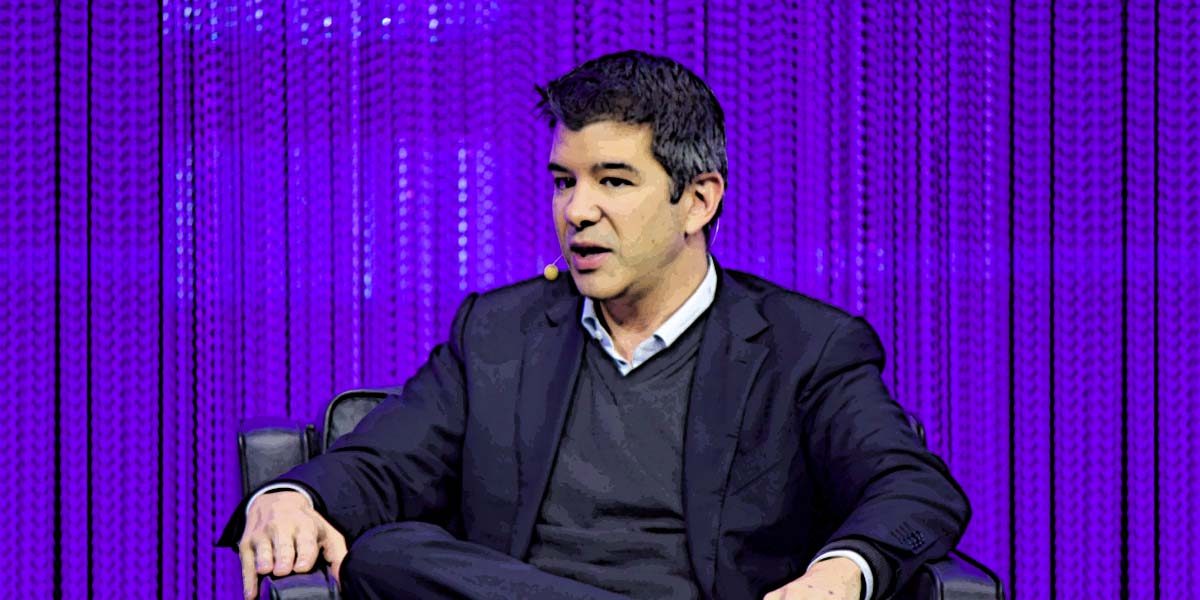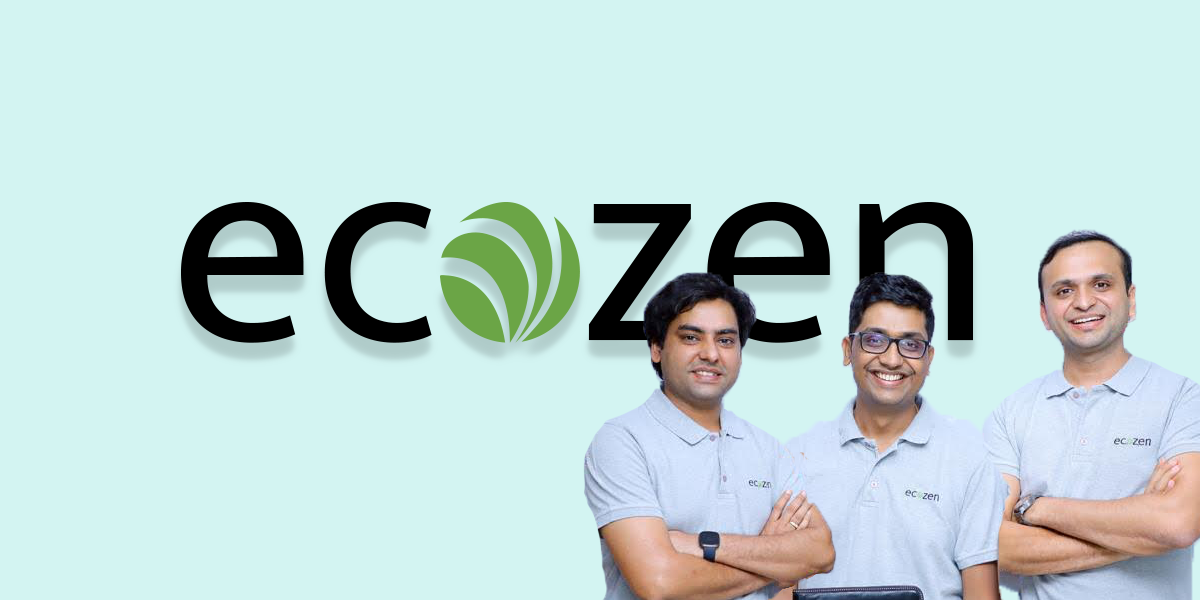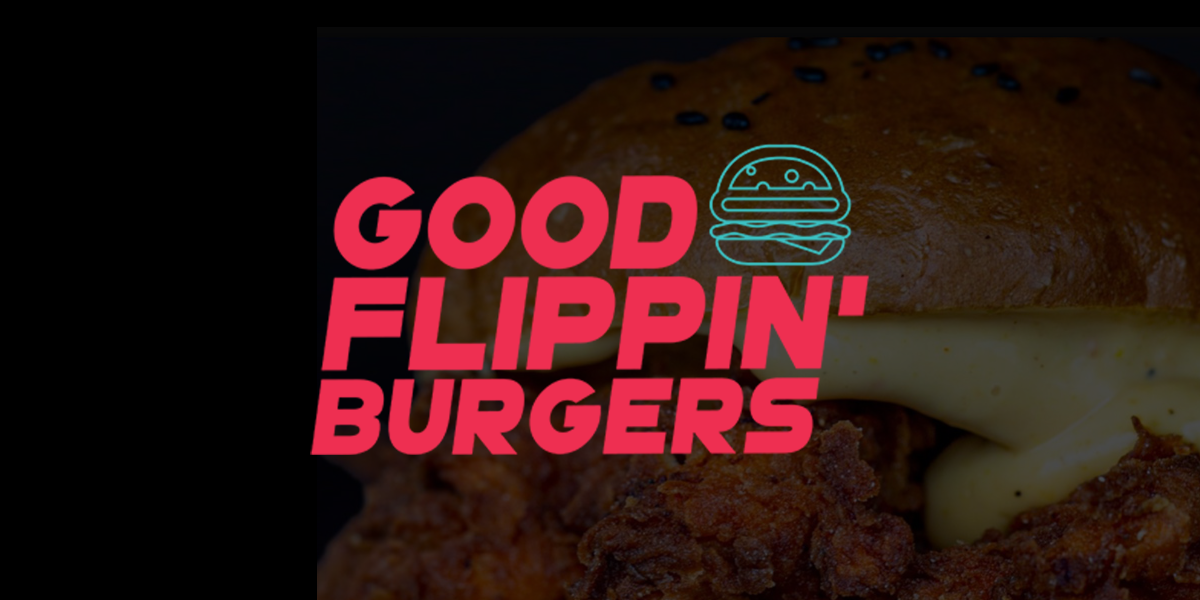Rebel Food has become the third-largest foodtech firm in terms of the valuation after Swiggy and Zomato. The cloud kitchen firm had recently scooped up over Rs 780 crore Series D round from Coatue PE Asia, Goldman Sachs, Go-Jek and others.
Now, the company is raising a small amount from Travis Kalanick in the Series D round. Kalanick was co-founder and CEO of world’s largest cab-hailing app Uber Inc. The investment makes sense for him as he currently runs CloudKitchens.
CloudKitchens leases property in inexpensive locations across the U.S. and in London, Singapore, South Korea and others to let the restaurants to set up delivery-only kitchens. On the other hand, Rebel Foods is a large scale cloud kitchen firm with several successful brands such as Behrouz Biryani.
Moreover, Goldman Sach, which just invested in Rebel Foods, provided hundreds of millions of debts to Kalanick’s current venture. Rebel Foods is also expanding into SEA region and the Middle East regions.
According to a Bloomberg report, Kalanick will be using his real estate company – City Storage Systems for this transaction.
Go-Jek invested in the Mumbai-based company because of its aspiration towards global markets. Kalanick seems to have harboured an interest in Rebel Foods with similar intentions.
Early this month, Entrackr had first reported about Rebel Foods’ Series D round. The company had raised about Rs 500 crore from Coatue PE Asia and Rs 64 crore from Go-Jek at a valuation of over Rs 3,000 crore. Ten days later, it raised another Rs 200 plus second tranche led by Goldman Sachs.
Rebel Food runs multi-brand cloud kitchen across brand names – Faasos, Oven Story, Firangi Bake, Mandarin Oak, Kettle & Eggs. At present, it generates about 60% of its demand via online food ordering majors – Swiggy, Zomato and UberEats.
Unlike the restaurants that bear substantial real-estate costs, the cloud-kitchen model allows Rebel to run its operations from a small space in inexpensive locations in any city. The model provides a far better margin to Faasos as compared to restaurants and food joints.














